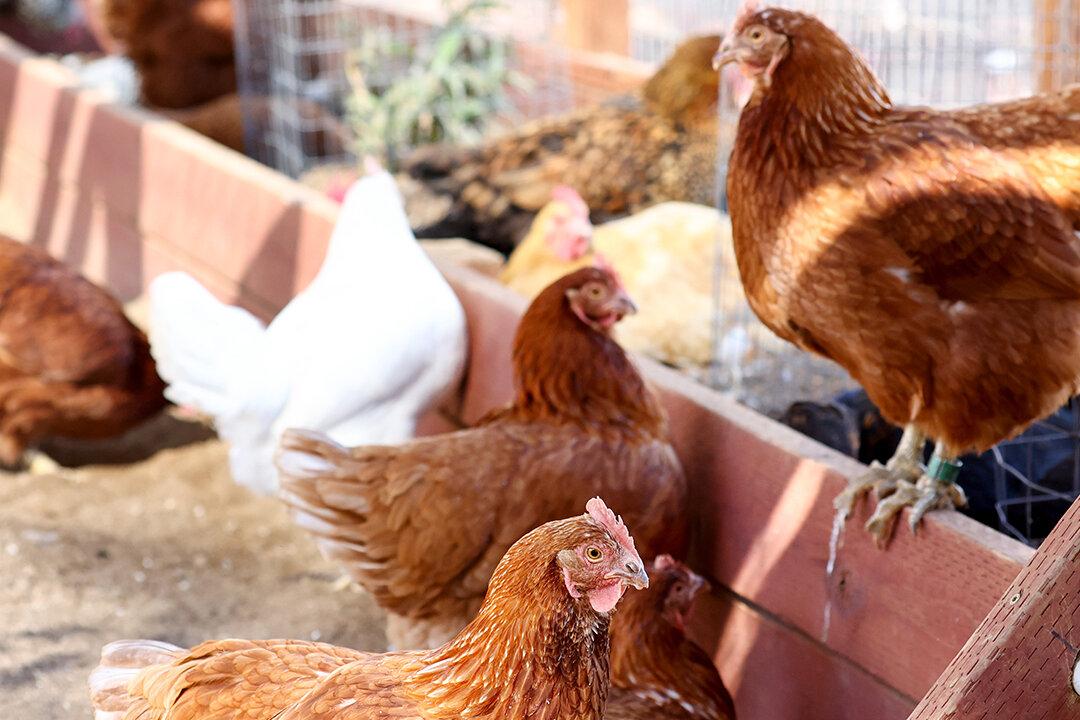Bird flu has been detected at a second farm in the Hawkesbury region of New South Wales (NSW) in Australia.
The High Pathogenic Avian Influenza (HPAI) strain H7N8 was discovered amid “proactive surveillance” from the government’s biosecurity incident response team.





